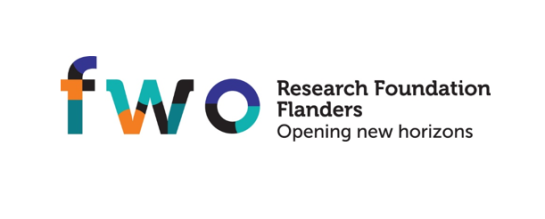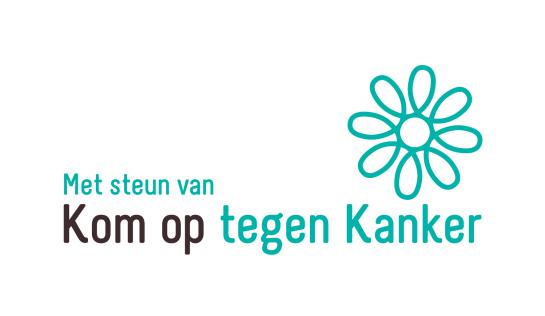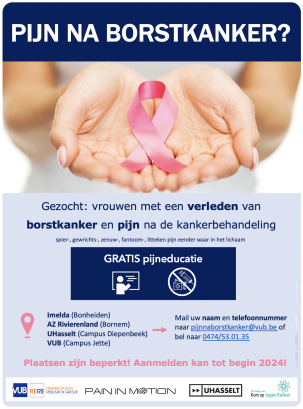PAIN IN BREAST CANCER SURVIVORS: A MAJOR HEALTH PROBLEM
Breast cancer remains by far the most frequently diagnosed malignancy in women worldwide and affects about 1 out of 8 women during their lifetime. Despite the good prognosis and survival rate, an important portion will face long-term symptoms that arise or persist after the completion of treatment. Pain is one of these common debilitating symptoms and its prevalence ranges from 21% to 76%. Chronic pain is of considerable concern because it forms an important barrier for patients to resume their pre-diagnosis daily activities and subsequently reduces their quality of life.
Over the past decades, awareness has been raised on the value of pain neuroscience education for chronic pain. Moreover, recent findings showed good results, but pain neuroscience education has a rather small effect on pain as a stand-alone treatment in different chronic pain populations. To magnify this small beneficial effect, it is recommended to combine the education with an additional treatment method.
However, up to now, pain education remains underused and -studied in the field of oncology. Therefore, two different studies are conducted at the VUB.
The study of Dra. Astrid Lahousse combines pain neuroscience education with a physical component ‘behavioural graded activity’, which is a physical program that gradually increases patients’ daily activity level. The purpose of this project is to investigate the beneficial effect of combining pain neuroscience education with behavioural graded activity compared to the usual care for chronic pain in breast cancer survivors. The intervention period lasts 12 weeks during in which 6 sessions are planned.
Another study of Dra. Eva Roose combines pain neuroscience education with motivational interviewing, which is a directive, collaborative, patient-centered communication approach for eliciting and enhancing motivation for behaviour change by helping patients to resolve ambivalence and uncertainty. This project is performed in breast cancer survivors with perceived injustice and pain. The primary aim of this study is to examine whether perceived injustice-targeted pain neuroscience education is superior to biomedically-focused pain education in reducing pain. The intervention contains 1 online session at home followed by 3 one-to-one sessions spread over 4 weeks.
Results of these studies might lead to a treatment optimization, that could impact and improve the quality of life of approximately 123.000 breast cancer survivors in Belgium alone.
TEAMS
Primary Researcher
Researchers
Prof. Dr. Jo Nijs (Pain in Motion)
Prof. Dr. David Beckwée
Prof. Dr. César Fernández-de-las-Peñas
Prof. Dr. Marijke De Couck
FUNDING

Primary Researcher
Researchers
Prof. Dr. Jo Nijs (Pain in Motion)
Prof. Dr. David Beckwée
Prof. Dr. Paul van Wilgen
Prof. Dr. Annick Timmermans
Prof. Dr. Marijke De Couck
Dra. Eva Huysmans
Dra. Rinske Bults
FUNDING

Deelneemsters gezocht voor onderzoek naar pijn na borstkanker
Eén op drie vrouwen die borstkanker kregen, blijven kampen met pijn die niet meer verklaarbaar is door de aanwezigheid van kanker. Pijnmedicatie is de meest voorgestelde therapie maar zorgt vaak voor neveneffecten. Onderzoekers van de VUB willen nagaan of pijneducatie de pijn kunnen verminderen. Die behandelingen bewezen al hun nut bij andere chronische pijnpatiënten. Voor dit onderzoek zoekt de VUB 356 deelneemsters die pijn blijven ondervinden na borstkanker. De kandidaten moeten kankervrij zijn en moeten sinds drie maanden alle therapieën hebben afgerond (met uitzondering voor hormoon- en immunotherapie). De onderzoeken en evaluaties vinden plaats op de VUB (campus Jette), UHasselt (campus Diepenbeek), Imeldaziekenhuis (Bonheiden), en AZ Rivierenland (Bornem).
Graag meer info? Of interesse voor deelname? Mail uw naam en telefoonnummer naar "pijnnaborstkanker@vub.be" of bel naar "0474/53.01.35".

